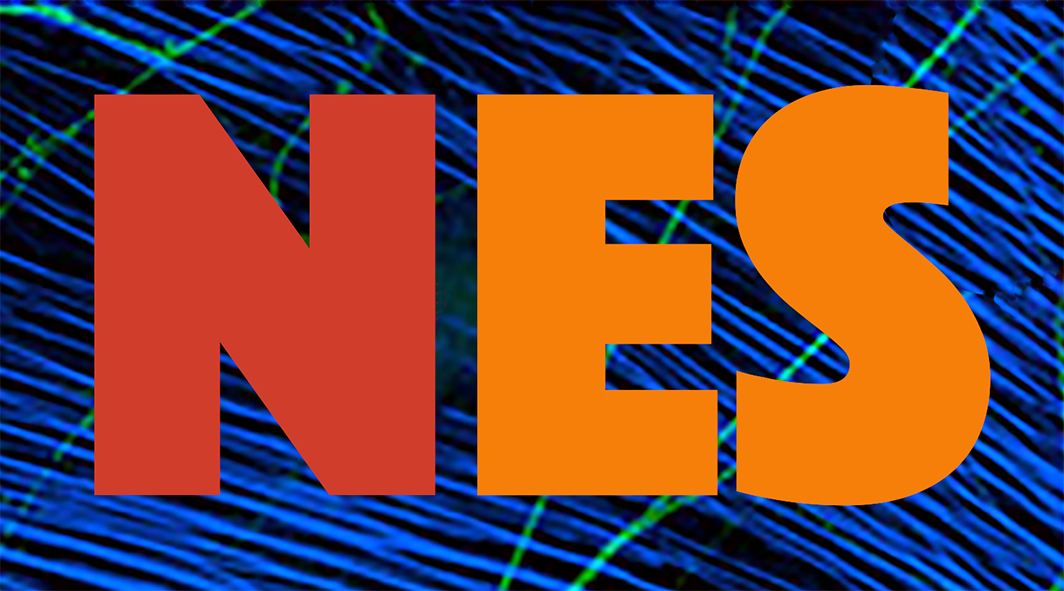
Variability in functional brain networks predicts expertise during action observation
Nov 27, 2017
Amoruso L, Ibáñez A, Fonseca B, Gadea S, Sedeño L, Sigman M, García AM, Fraiman R, Fraiman D.
Observing an action performed by another individual activates, in the observer, similar circuits as those involved in the actual execution of that action. This activation is modulated by prior experience; indeed, sustained training in a particular motor domain leads to structural and functional changes in critical brain areas. Here, we capitalized on a novel graph-theory approach to electroencephalographic data (Fraiman et al., 2016) to test whether variability in functional brain networks implicated in Tango observation can discriminate between groups differing in their level of expertise. We found that experts and beginners significantly differed in the functional organization of task-relevant networks. Specifically, networks in expert Tango dancers exhibited less variability and a more robust functional architecture. Notably, these expertise-dependent effects were captured within networks derived from electrophysiological brain activity recorded in a very short time window (2s). In brief, variability in the organization of task-related networks seems to be a highly sensitive indicator of long-lasting training effects. This finding opens new methodological and theoretical windows to explore the impact of domain-specific expertise on brain plasticity, while highlighting variability as a fruitful measure in neuroimaging research.
The whole paper is available here.
Share on Twitter Share on Facebook| NeuroCineMat |
|---|
|
Featuring this week: |
| Newsletter |
|---|
|
Stay informed on our latest news! |
| Follow Us on Facebook |
|---|




